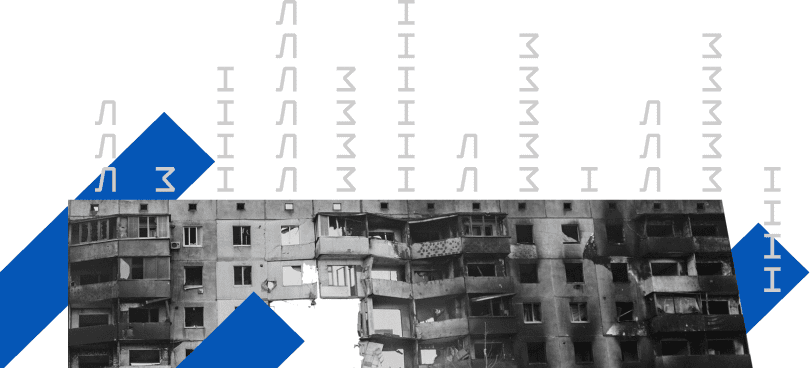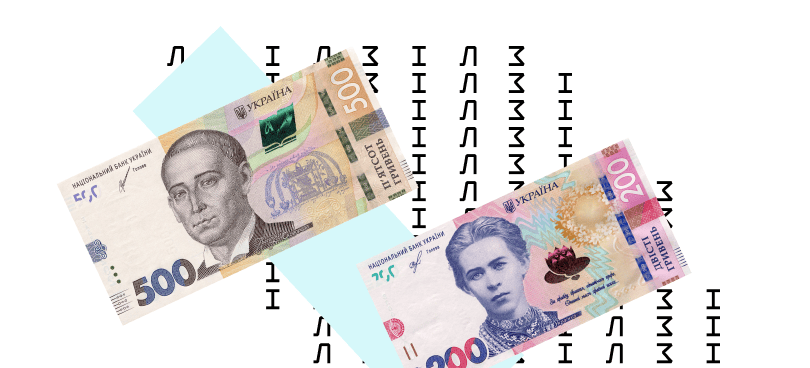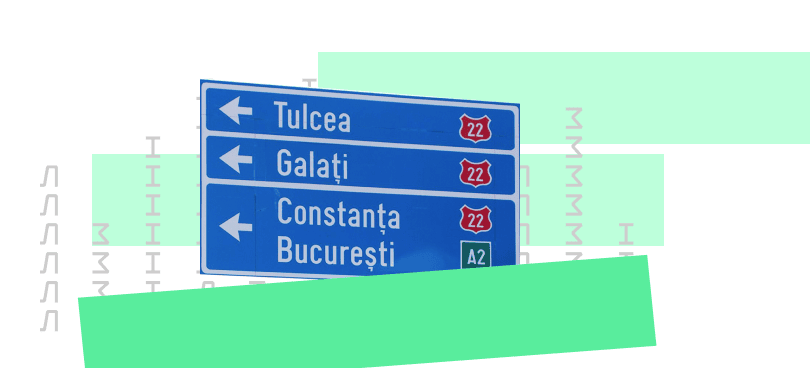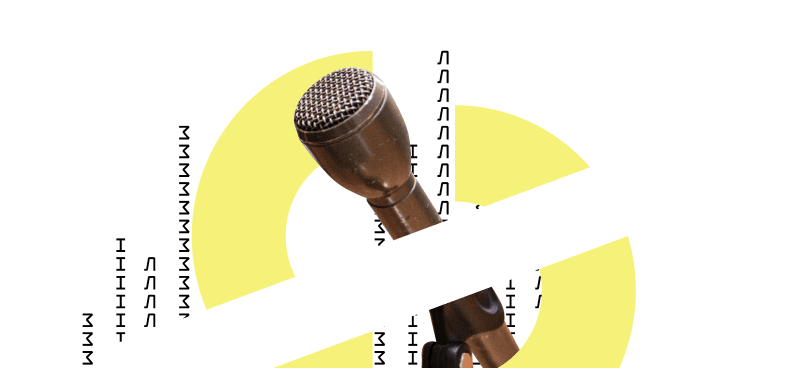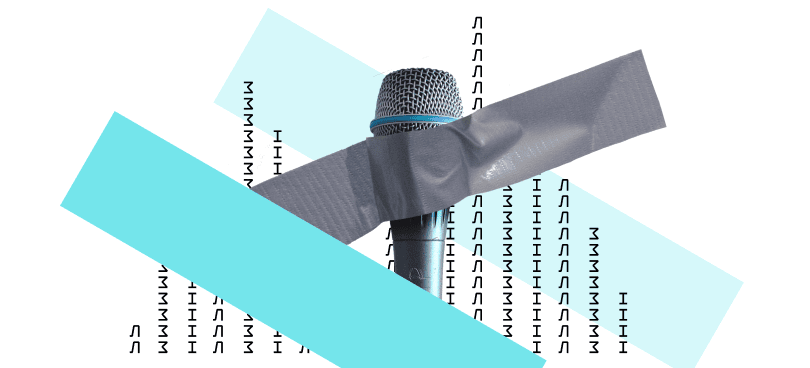Corruption is a systemic phenomenon in Ukraine. Many people are involved in any “scheme”: paymasters, perpetrators, power-holders. The ability to investigate and uncover the facts, to find everyone involved in each specific case, is essential for punishing criminals. However, catching everyone involved “red-handed” is a very painstaking and long process; it becomes difficult, if not impossible, to find and prosecute all accomplices.
Plea bargain is an important mechanism for speeding up investigations that exists in the world. Such a practice also exists in Ukrainian legislation, where it is called a plea deal. Specialised Anti-Corruption Prosecutor’s Office (SAPO) representatives note that currently, the laws regulating such deals impose certain limitations on the investigators and the suspects. Anti-corruption bodies claim that changing the laws currently regulating such deals would help them improve the effectiveness of investigations and bring to justice a greater number of guilty persons.
Let’s consider what plea and cooperation deals are, what their advantages are, and how it is implemented in Ukraine.
Plea and cooperation deal
A plea deal involves an agreement between prosecutors and the suspect/accused under which the latter admits to committing the crime. This gives the suspect a chance to get a reduced term of imprisonment or a non-custodial sentence. The main advantage of such an agreement is the saving of time, as under it, legal proceedings do not drag on for years but, in most cases, are conducted very quickly and consist of one court session where the court approves the terms and punishments contained in the agreement between the accused and the investigators. Such a practice also saves public money and brings to justice a person who has confessed to committing a crime.
A cooperation deal is a type or additional component of a plea deal. The suspect/accused, in addition to admitting their actions, provides the investigators with certain information or testimony. This allows the investigators to prosecute a greater number of persons who are complicit in the crime. This practice works well where there is limited evidence and/or the investigators find it impossible to join other suspects to the case on their own. For the accused, cooperation with the investigators usually contributes to a further reduction of punishment.
So, the main difference between the deals is that in the first case, the suspect/accused provides information about himself/herself, and in the second, also about other people.
How do plea bargains work in Ukraine now?
In Ukraine, the plea deal is regulated by the Criminal Procedure Code, in particular Articles 468 to 476. Such deals may include a plea of guilty and, in addition, the provision of certain information to the investigators. In the case of a deal between the accused and the investigators, it must also be approved by the court hearing the case. According to a ruling of the High Specialised Court of Ukraine for Civil and Criminal Cases, the prosecutor and the accused may not set a punishment less than the minimum sanction of the relevant article when agreeing on the punishment. However, in the presence of mitigating circumstances (Article 66 of the Criminal Code), the parties may agree on a punishment that will be lower than the lowest limit established in the sanction of the article or switch to another, more lenient type of the main punishment (Article 69(1) of the Criminal Code). In Ukraine, such agreements are not yet as widespread as, for example, in the USA or the UK. According to a report by the Prosecutor General’s Office, in 2021, 6 percent of sentences were passed on the basis of plea deals, and in 2022, this share increased to 9 percent.
A peculiar feature of the plea deal in Ukraine is the inclusion of provisions on the cooperation deal if relevant agreements have been made (Article 472(1) of the Criminal Procedure Code of Ukraine). In certain cases, no plea deal is allowed without the cooperation provision. At the same time, there are no clear rules as to how cooperation with the investigation contributes to reducing the prescribed punishment. It all depends on how flexible both sides are on reducing the punishment, how valuable the information is to the investigators, and what punishment the prosecutor considers acceptable/sufficient. Therefore, under such circumstances, the investigators may bear reputational responsibility for the terms of punishment they agreed with the suspect if society does not approve of such agreements. Such issues can interfere with a rational assessment of a plea deal’s advantages and disadvantages in high-profile cases.
How can it work in practice?
Let’s consider how the Ukrainian plea bargain mechanism can work in the case of the former Supreme Court president Vsevolod Kniaziev. The plea deal was used concerning charges under the relevant article on 57 occasions in 2022. However, most of them (53) were reached with charges under part one of that article, and only 1 under part four (as in the case of Kniaziev). At this stage of the investigation of the entire case, it is difficult for the investigators to prosecute other potential accomplices, the approximate number of which is 13, because the amount of evidence against them is insufficient. One of the possible ways out of this situation is Kniaziev’s testimony and information available to him. The suspect’s lawyers claim that he is ready to provide the investigators with information about all judges of the Supreme Court who were involved in the corruption scheme. However, the suspect does not agree to the minimum possible sentence (8 years in prison), which the SAPO can offer by entering into a plea deal with a cooperation provision.
It is worth noting that the prosecutor could, in the presence of mitigating circumstances (Article 66 of the Criminal Code), reach a deal with the accused on the imposition of a more lenient punishment than the corresponding sanction provides (i.e., in the case of Kniaziev, offer a sentence of less than eight years). However, criminal law contains a direct prohibition on the imposition on a person who has committed a corruption crime of a more lenient punishment, even in the presence of mitigating circumstances.
Currently, legal professionals and the general public are discussing improving the legislation and giving the prosecutor the right to propose a more “advantageous” term or type of punishment for the guilty person (for example, not eight years of imprisonment, as provided in the sanction, but just five years).
However, it then gives rise to an ethical problem. There is a choice: to punish the corrupt top judge (and him alone) or to join to the case and possibly successfully prosecute about 13 corrupt members of the Supreme Court but significantly reduce the punishment for the corrupt judge known to the whole country. How do other countries deal with it? Let’s consider the examples of the UK, Poland, Romania and the USA.
United Kingdom
In the UK, a plea deal can be entered into between prosecutors and the accused at any stage of the trial. Sentence reductions in the UK system are highly regulated; if the defendant pleads guilty before or during the first court hearing, the prison term is reduced by a third (Art. 73 of the Sentencing Code). Afterwards, the possible reduction decreases accordingly with the progress of the case down to one-tenth of the sentence. According to official government statistics, in 70 percent of cases the accused plead guilty, and the case does not go to a jury trial. Deals on cooperation with the investigators, which require testimony and/or providing information to the investigators, are regulated by Article 74 of the Sentencing Code. According to the legislation, there are no clear rules for reducing the prison term if the suspect cooperates with the investigators. In such a case, the judge decides to reduce the term taking into account the information provided by the defendant and its usefulness. Therefore, when cooperating with the investigators, the accused can count on a reduction in the term of punishment for pleading guilty and, in some cases only, to receive an additional reduction from the judge for cooperation. The judge does not announce this reduction in open court but informs the prosecutors and the defence privately this is done for the safety of the defendants. For the same reason, there are no official statistics on the number of deals on cooperation with the investigators.
Poland
The plea deal regulations in Poland provide: if the term of imprisonment does not exceed 15 years, then any number of years of imprisonment can be chosen within the limits of the incriminated article (Art. 387 of the Criminal Procedure Code), but this term must be approved by a judge who checks the voluntary character of the deal and the proportionality between the offence and the punishment. Under a cooperation deal, the defendant must provide testimony or information and assist the investigation. As part of such a deal, the term of imprisonment may be significantly reduced (Articles 60-62 of the Criminal Code). In addition, a suspended sentence may be imposed, even if it is not provided for in a specific case.
Romania
In Romania, plea deal, regulated by Article 478 of the Criminal Procedure Code, is one of the key instruments of justice. If the maximum term of punishment for the offence committed does not exceed seven years, then upon pleading guilty, the defendant can expect to have their prison term reduced by a third. In the case of imposing a fine, the latter shall be reduced by one-quarter. The cooperation deal is regulated by Article 411 of the Criminal Code. If the defendant contributed to establishing the truth and bringing other accomplices to justice during the criminal prosecution and provided essential information for that purpose, his/her term of imprisonment may be reduced by half.
United States
In the US, plea bargaining is very common. The 2023 study shows that plea bargaining is present in an impressive 98 percent of cases, highlighting its importance and prevalence in American legal practice. In federal cases, the accused and the prosecutor can agree on a plea bargain, but the sentence reduction is up to the judge. In such a situation, a mandatory reduction in the severity of the charged offence is provided for. The prosecutor can also ask the judge to impose a more lenient sentence, but the final decision is up to the judge. Importantly, the court may refuse to accept the agreement or to comply with the conditions described in it, in which case the accused may withdraw from the bargain, which will not affect the trial in any way. A cooperation deal requires assuming responsibility for one’s own actions. Pursuant to 18 U.S.C. § 3553(e) and 28 U.S.C. § 994(n), an important emphasis is placed on the possibility of substantial assistance in the investigation or prosecution of persons who have committed the offence. This specific assistance may justify the imposition of a sentence that is below the statutory minimum. It is important to note that the reduction of the punishment due to substantial assistance is added to the reduction of the punishment due to accepting guilt. Substantial assistance is aimed at active participation in the investigation and prosecution of crimes committed by other suspects.
What conclusions can we draw in Ukraine?
The plea deal is a very common phenomenon in the judicial procedures of the countries in question, in particular the UK and the USA. The Ukrainian regulation of plea deals is similar to those countries that were considered above. Considering judicial practices, when the court can additionally reduce the punishment, it can be said that the regulation is more lenient towards the accused.
Ukrainian legislation does not provide for a separate cooperation deal as such; it is implemented as one of the possible (or necessary – as determined by the prosecutor) terms of a plea deal. At the same time, cooperation with the investigation does not imply a guaranteed additional benefit to the accused if the prosecutor agrees to a plea deal without cooperation.
In all four considered nations, there are clear rewards: in the UK and the USA – an additional reduction of the sentence, in Romania – a reduction by half, in Poland, the court can even impose a suspended sentence or a significant reduction of the sentence. In Ukraine, an additional reduction of punishment can be negotiated with the prosecutor, but this requires the presence of special circumstances and a clear benefit to society. It is possible that the lack of clear guarantees of an additional reduction of the prison term discourages the suspects from entering into deals. The introduction of a regulated reduction of the sentence for cooperation within the framework of plea deals may increase both the desire of suspects to proactively ask for a deal and name the people involved in the “scheme” and also remove a certain “arbitrariness” of the prosecutorial decisions during the process of making decisions about punishment reduction.





